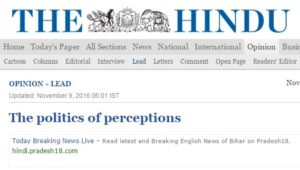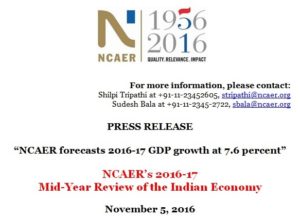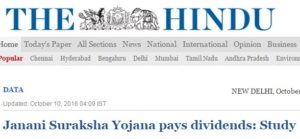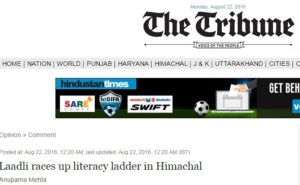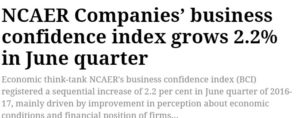- Research Themes
- National Growth and Macroeconomic Centre
- Human Development and Data Innovation
- Investor Education and Protection Fund Chair Unit
- Computable General Equilibrium Modelling and Policy Analysis
- States, Sectors, Surveys, and Impact Evaluation
- Trade, Technology and Skills
- Agriculture and Rural Development
- Centre for Health Policy and Systems
- Experts
- Events
- Publications
- About Us
- Careers








